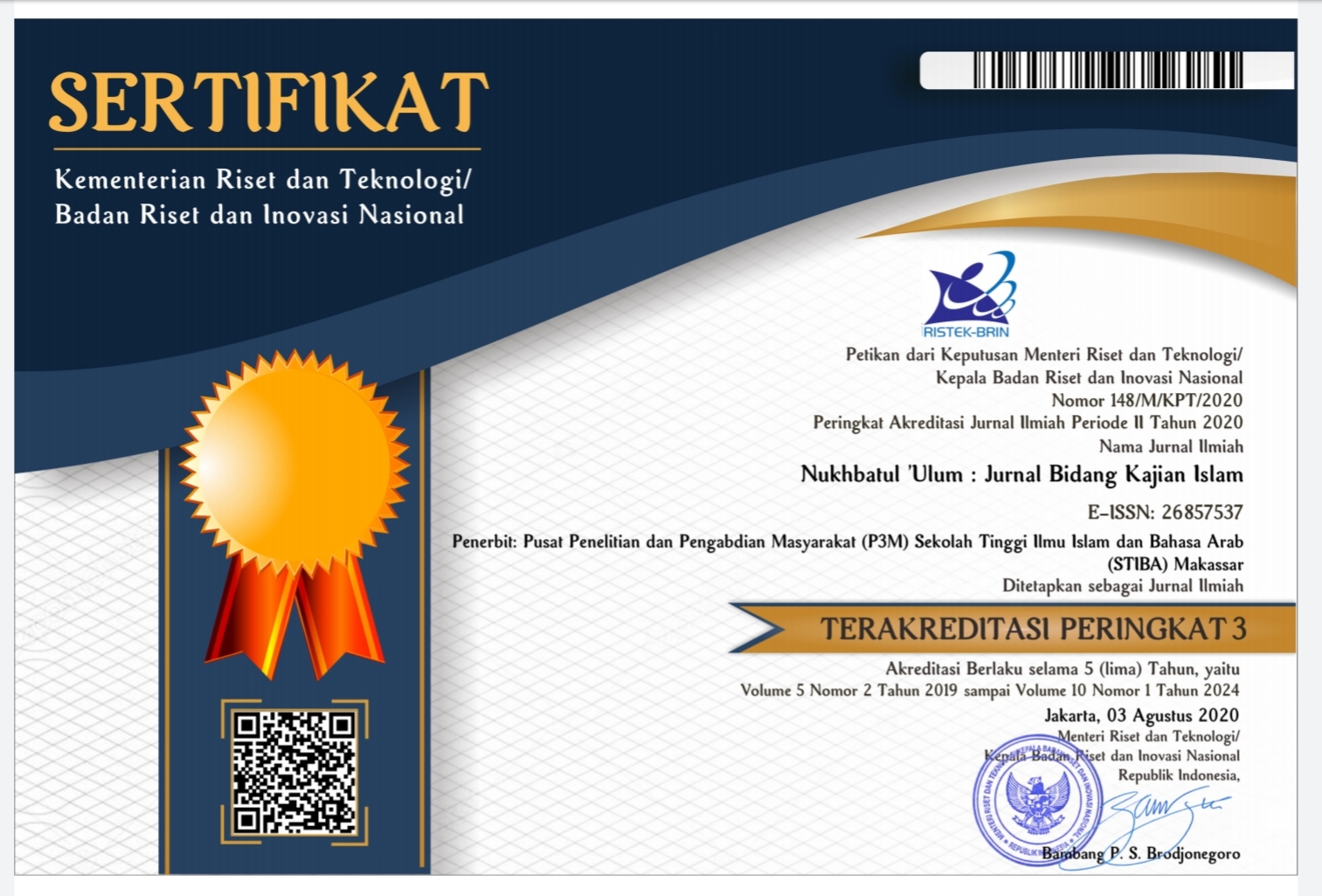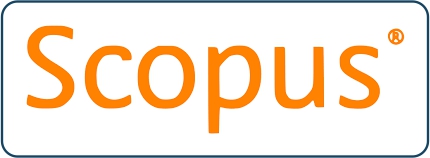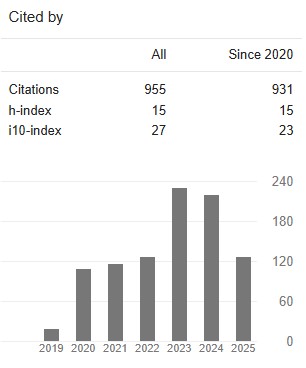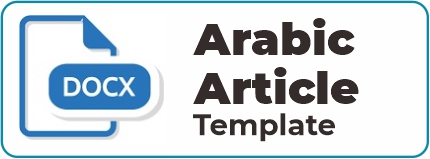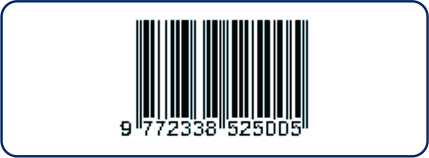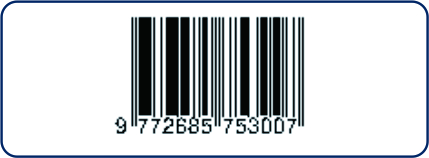Pengaruh Penggunaan Media Pembelajaran Zoom terhadap Hasil Belajar Fikih Mahasiswa Jurusan Syariah Semester V STIBA Makassar
The Effect of the Use of Zoom Learning Media on Fiqh Learning Outcomes of Students of Sharia Department in Fifth Semester at STIBA Makassar
DOI:
https://doi.org/10.36701/nukhbah.v7i2.443Keywords:
zoom learning media, learning motivation, learning outcomesAbstract
This study aims to describe the use of zoom learning media, learning motivation, and fiqh learning outcomes, as well as to analyze the effect of using zoom learning media and learning motivation on fiqh learning outcomes for students majoring in sharia in the fifth semester of comparative study program of the Makassar STIBA school, either partially or simultaneously. The type of research in this research is ex post facto that analyzed by descriptive and inferential statistics. The results of study showed that: 1) The use of zoom learning media is in the good enough category. 2) Learning motivation is in the good enough category. 3) Jurisprudence learning outcomes are in the high category. 4) There is an effect of using zoom learning media on fiqh learning outcomes, the effect is 28.4%. This means that in this study 28.4% of the variables of fiqh learning outcomes were influenced by the variable of using zoom learning media and included in the weak but definite category. 5) There is an influence of learning motivation on fiqh learning outcomes, the effect is 17.6%. This means that in this study 17.6% of the fiqh learning outcomes variables were influenced by learning motivation variables and included in the very weak category. 6) There is an effect of using zoom learning media and learning motivation on fiqh learning outcomes for students majoring in sharia in the fifth semester of the Makassar STIBA school of comparison study program, the effect is 8.8%. This means that in this study 8.8% of the variables of fiqh learning outcomes were influenced by the variable use of zoom learning media and learning motivation variables together and included in the very weak category, the rest was influenced by other factors not examined in this study.
Downloads
References
Adiputra, Sofwan, and Mujiyati Mujiyati. “Motivasi Dan Prestasi Belajar Siswa Di Indonesia: Kajian Meta-Analisis.” Konselor 6, no. 4 (2017): 150–57.
Asiani, Ani, and Jonet Ariyanto Nugroho. “Penerapan Model Attention, Relevance, Confidence, And Satisfaction (Arcs) Untuk Meningkatkan Motivasi Dan Hasil Belajar Siswa Kelas X Pemasaran 1 Smk Negeri 1 Surakarta Tahun Pelajaran 2016/2017.” Jurnal Pendidikan Bisnis Dan Ekonomi 3, no. 1 (2017).
Brahma, Ismail Akbar. “Penggunaan Zoom Sebagai Pembelajaran Berbasis Online Dalam Mata Kuliah Sosiologi Dan Antropologi Pada Mahasiswa PPKN Di STKIP Kusumanegara Jakarta.” Aksara: Jurnal Ilmu Pendidikan Nonformal 6, no. 2 (2020): 97–102.
Cahyani, Adhetya, Iin Diah Listiana, and Sari Puteri Deta Larasati. “Motivasi Belajar Siswa SMA Pada Pembelajaran Daring Di Masa Pandemi Covid-19.” IQ (Ilmu Al-Qur’an): Jurnal Pendidikan Islam 3, no. 01 (2020): 123–40.
Chusyairi, Ahmad, and Sahla Sabira. “Pelatihan Pembuatan Konten Pendidikan Pada YouTube Menggunakan Zoom Dan Editing Video Filmora.” JILPENMAS (Jurnal Ilmiah Pengabdian Masyarakat) 1, no. 01 (2020): 55–65.
Dimyati, Mudjiono. “Belajar Dan Pembelajaran.” Jakarta: Rineka Cipta, 2006.
Engkos, Ridwan, and Achmad Kuncoro. “Cara Menggunakan Dan Memaknai Path Analysis.” Bandung: Alfabeta, 2012.
Hamzah, B Uno. “Teori Motivasi Dan Pengukurannya.” Jakarta: Bumi Aksara, 2008.
Haqien, Danin, and Aqiilah Afiifadiyah Rahman. “Pemanfaatan Zoom Meeting Untuk Proses Pembelajaran Pada Masa Pandemi Covid-19.” SAP (Susunan Artikel Pendidikan) 5, no. 1 (2020).
Harun, Muhamad. “Evaluasi Kualitas Perangkat Lunak Pada Aplikasi Zoom Cloud Meetings Untuk Pembelajaran Elearning.” Jurnal Akrab Juara 5, no. 3 (2020): 102–12.
Helda, Trisna, and M Zaim. “Effectiveness of The Zoom Meeting Applications In Micro Teaching Lectures In The Pandemictime COVID-19.” In English Language and Literature International Conference (ELLiC) Proceedings, 4:128–35, 2021.
Ismawati, Dwi, and Iis Prasetyo. “Efektivitas Pembelajaran Menggunakan Video Zoom Cloud Meeting Pada Anak Usia Dini Era Pandemi Covid-19.” Jurnal Obsesi: Jurnal Pendidikan Anak Usia Dini 5, no. 1 (2020): 665–75.
Jamaris, Martini. “Orientasi Baru Dalam Psikologi Pendidikan.” Bogor: Ghalia Indonesia, 2013.
Jamil, Mekka Madaina. “Optimalisasi Model ARCS Dalam Pembelajaran Saintifik Untuk Meningkatkan Motivasi Belajar Peserta Didik Pada Peminatan Mata Pelajaran Geografi Di Kelas Matematika Ilmu Alam.” IJIS Edu: Indonesian Journal of Integrated Science Education 1, no. 1 (2019): 7–24.
Lin, Ming-Hung, and Huang-g Chen. “A Study of the Effects of Digital Learning on Learning Motivation and Learning Outcome.” Eurasia Journal of Mathematics, Science and Technology Education 13, no. 7 (2017): 3553–64.
Mappeasse, Muh Yusuf. “Pengaruh Cara Dan Motivasi Belajar Terhadap Hasil Belajar Programmable Logic Controller (PLC) Siswa Kelas III Jurusan Listrik SMK Negeri 5 Makassar.” Jurnal Medtek 1, no. 2 (2009): 1–6.
Monica, Junita, and Dini Fitriawati. “Efektivitas Penggunaan Aplikasi Zoom Sebagai Media Pembelajaran Online Pada Mahasiswa Saat Pandemi Covid-19.” Jurnal Communio: Jurnal Jurusan Ilmu Komunikasi 9, no. 2 (2020): 1630–40.
Oemar Hamalik. Proses Belajar Mengajar. Jakarta: Bumi Aksara, 2012.
Purwanto. Evaluasi Hasil Belajar. 3rd ed. Yogyakarta: Pustaka Pelajar, 2011.
Rifa’i Rc, Achmad, and Catharina Tri Anni. “Psikologi Pendidikan.” Semarang: Pusat Pengembangan MKU &MKDK Universitas Negeri Semarang, 2011.
Robbi, Anni Attika, Gusnardi Gusnardi, and Sumarno Sumarno. “Analysis of the Effect of Learning Motivation on Learning Achievement.” Journal of Educational Sciences 4, no. 1 (2020): 106–15.
Saat, Sulaiman, and Sitti Mania. “Pengantar Metodologi Penelitian: Panduan Bagi Peneliti Pemula,” 2020.
Sadikin, Ali, and Afreni Hamidah. “Pembelajaran Daring Di Tengah Wabah Covid-19 (Online Learning in the Middle of the Covid-19 Pandemic).” Biodik 6, no. 2 (2020): 214–24.
Sayem, Abu Shadat Muhammad, Benjamin Taylor, Mitchell McClanachan, and Umme Mumtahina. “Effective Use of Zoom Technology and Instructional Videos to Improve Engagement and Success of Distance Students in Engineering.” In 28th Annual Conference of the Australasian Association for Engineering Education (AAEE 2017), 926, 2017.
Sicat, Alvin S, and M A Ed. “Enhancing College Students’ Proficiency in Business Writing via Schoology.” International Journal of Education and Research 3, no. 1 (2015): 159–78.
Siregar, Syofian. “Statistik Parametrik Untuk Penelitian Kuantitatif,” 2014.
Slameto. Belajar Dan Faktor-Faktor Yang Mempengaruhinya. Jakarta: Rineka Cipta, 2010.
Suardi, M. “The Effectiveness of Using the ZOOM Cloud Meetings Application in the Learning Process.” In International Conference on Science and Advanced Technology (ICSAT), 2020.
Sugiyanto, Sugiyanto, Badaruddin Mohammad, and Herpratiwi Herpratiwi. “The Influence of Learning Motivation on the Learning Outcomes of Vocational Students at Lampung University.” International Journal of Advanced Science and Technology 29, no. 05 (2020): 133–40.
Sumantri, Mohamad Syarif. “Strategi Pembelajaran Teori Dan Praktik Di Tingkat Pendidikan Dasar.” Jakarta: Rajawali Pers, 2015.
Syah, Muhibbin. Psikologi Pendidikan Dengan Pendekatan Baru. Bandung: Remaja Rosdakarya, 2010.
Widyaningrum, Dian Permanasari. “The Effect of Zoom Meeting On E-Learning Based Remote Learning In Improving Student Cognitive Ability.” MATAAZIR: Jurnal Administrasi Dan Manajemen Pendidikan 1, no. 2 (2020): 62–77.
Winard. Motivasi Dan Permotivasian Dalam Manajemen. Jakarta: Raja Grafindo Persada, 2011.
Yuliana, Yuliana. “Corona Virus Diseases (Covid-19): Sebuah Tinjauan Literatur.” Wellness And Healthy Magazine 2, no. 1 (2020): 187–92.
Yulianto, Eko, Putri Dwi Cahyani, and Sofia Silvianita. “Perbandingan Kehadiran Sosial Dalam Pembelajaran Daring Menggunakan Whatsapp Groupdan Webinar Zoom Berdasarkan Sudut Pandang Pembelajar Pada Masa Pandemic COVID-19.” Jurnal Riset Teknologi Dan Inovasi Pendidikan (JARTIKA) 3, no. 2 (2020): 331–341.
Yusuf, A Muri. Asesmen Dan Evaluasi Pendidikan. Prenada Media, 2017.



